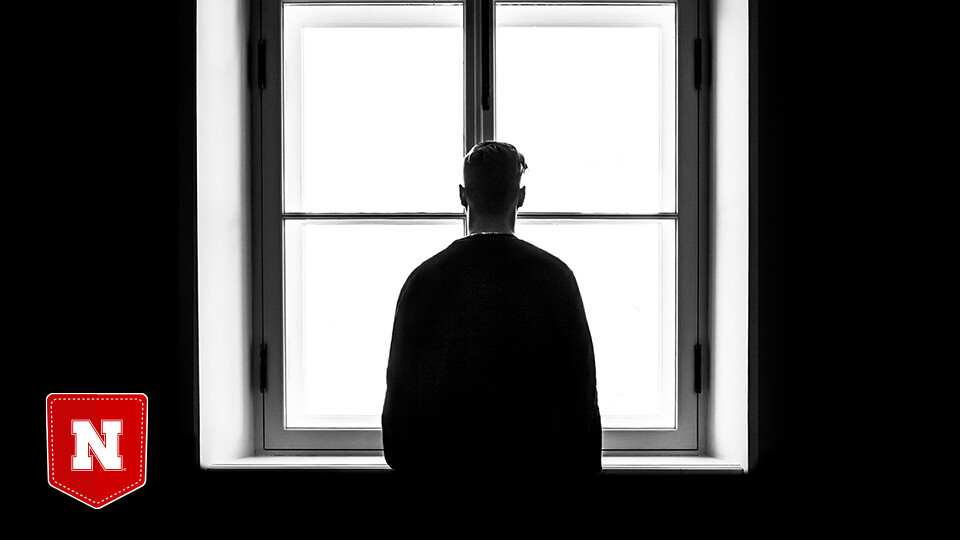Scott Schrage, May 3, 2023
Sharing positive feelings may ease loneliness-based negativity
POCKET SCIENCE: EXPLORING THE ‘WHAT,’ ‘SO WHAT’ AND ‘NOW WHAT’ OF HUSKER RESEARCH
Welcome to Pocket Science: a glimpse at recent research from Husker scientists and engineers. For those who want to quickly learn the “What,” “So what” and “Now what” of Husker research.

What?
Even in the best of times, loneliness can contribute to psychological issues — depression, anxiety — and physical health problems whose effects on mortality rank with smoking 10-plus cigarettes a day. In the worst, like the onset of the isolating COVID-19 pandemic, that loneliness and its downstream effects can extract an even greater toll.
Multiple factors have been proposed to help buffer against the potential damage dealt by loneliness. Among them is social connectedness: a person’s sense of belonging and closeness both to their interpersonal network and society at large. Another, called interpersonal emotion regulation, describes how often and how effectively a person uses their social connections to help maintain or improve their emotional state.
So what?
Nebraska’s Maital Neta and doctoral alumnus Nick Harp wondered how those two factors, separately or combined, might have influenced the magnitude of loneliness and its effects early in COVID-19. So the duo conducted a study involving 565 participants across three timepoints: spring 2020, fall 2020 and spring 2021.

The participants took surveys that assessed their loneliness, social connectedness and interpersonal emotion regulation, with the latter asking about their sharing of positive and negative feelings. To gauge whether loneliness actually corresponded with negativity, the researchers also had participants look at ambiguous faces, scenes and words, then make snap judgments about whether the stimuli were positive or negative. (Neta’s earlier work helped establish the method as a valid, more objective means of gauging people’s social-emotional outlooks.)
As expected, participants expressing greater feelings of loneliness tended to interpret the ambiguous stimuli more negatively, hinting that negativity could be facilitating the poor psychological and physical outcomes attributed to loneliness. The link between loneliness and negativity was somewhat weaker among those who reported average to high social connectedness in general. But it dwindled even further among participants who said they regularly shared positive (but not negative) emotional experiences with friends and family — to the point that loneliness did not correlate with negative interpretations at all, even in the earliest stage of the pandemic.
Now what?
Future research could help confirm whether loneliness was actually driving the increase in negativity — and positive sharing driving the decrease — that Neta and Harp observed in their study. If so, interventions that encourage sharing of positive emotional experiences might prove more effective than conventional approaches when it comes to curbing the downsides of loneliness, the researchers said.






